|
Make Your Homemade Degreaser: A Simple Solution
Grease buildup is a common issue in many households, particularly in the kitchen, where cooking oils and fats tend to accumulate over time. While there are many commercial degreasers on the market, they can be expensive and contain harsh chemicals that are not always safe to use around the house. Fortunately, you can make your own homemade degreaser from common household items. Here's a simple recipe to get you started. Ingredients: 1 cup vinegar 3 cups water 1 cup baking soda 12 cup dish soap Instructions: 1. In a mixing bowl, combine 1 cup vinegar and 3 cups water. Then, add 1 cup of baking soda and 12 cups of dish soap. Combine the ingredients thoroughly. 2. Dip a clean cloth: Because this solution is best used straight from the bowl, dip a clean cloth into the mixture to apply the degreaser. 3. Scrub the greasy surface with the degreaser. To remove all of the greases, apply the solution liberally and scrub thoroughly. 4. After scrubbing, rinse the surface with water and wipe it clean with a dry cloth. The Advantages of Making Your Degreaser 1. Cost-effective: Making your homemade degreaser is a less expensive alternative to purchasing expensive commercial degreasers. 2. Safe: Homemade degreasers are made with natural ingredients that are safe to use around the house. They are also non-toxic and environmentally friendly. 3. Effective: Homemade degreasers remove grease and grime from surfaces just as well as commercial degreasers. When to Use Homemade Degreaser This homemade degreaser can be used on any surface that has accumulated grease or grime, such as kitchen appliances, stovetops, oven racks, and grills. It also removes soap scum and hard water stains from the bathroom. However, it should not be used on delicate surfaces such as marble or granite because it may cause damage. Making your homemade degreaser is an easy and inexpensive way to get rid of stubborn grease and grime around the house. This recipe contains natural ingredients that are both safe and effective for removing grease and grime from surfaces. So, the next time you have a greasy mess in your kitchen or bathroom, try making your homemade degreaser and see what happens. The Real Deal on Using Vinegar to Remove Grease
Vinegar is a versatile and inexpensive cleaning product that can be used to clean a variety of surfaces in your home, such as kitchen countertops, floors, and even windows. When it comes to removing grease, however, vinegar may not be the best option. Here's what you should know. Why Vinegar Might Not Be Effective for Grease While vinegar is an excellent cleaning agent, it is acidic. That is, while it can degrade and dissolve certain substances, it may not be effective at removing grease. Grease is composed of fatty acids, and acidic products such as vinegar will not dissolve it effectively. Instead, an alkaline cleaner is required to break down the grease and remove it from your surfaces. What is More Effective for Grease? If you want to get rid of grease from your kitchen surfaces, use an alkaline cleaner. Dishwashing liquid or even regular soap can be more effective at removing grease from your dishes and pans. You can also make an alkaline paste with baking soda and apply it to the greasy surface. Allow it to sit for a few minutes before scrubbing with a sponge or brush and rinsing. When Should You Use Vinegar? While vinegar may not be the best option for removing grease, it is an excellent product for cleaning and disinfecting other kitchen surfaces. It can be used to clean countertops, floors, and appliances. Because vinegar is a natural disinfectant, it can also be used to clean cutting boards, sponges, and other kitchen tools. While vinegar is a versatile and inexpensive cleaning solution, it may not be the best choice for removing grease. Grease is composed of fatty acids, and acidic products such as vinegar will not dissolve it effectively. Instead, use an alkaline cleaner, such as dishwashing liquid or even regular soap, to dissolve the grease and remove it from your surfaces. However, vinegar is still an excellent product for cleaning and disinfecting other kitchen surfaces. How Restaurants Clean Kitchen Hoods: A Step-by-Step Guide
Kitchen hoods are an essential component of any commercial kitchen. They remove smoke, grease, and cooking odors, preventing them from spreading throughout the restaurant. However, the hood can become clogged with grease and other debris over time, making it less effective and increasing the risk of fire. That's why it's critical to clean your kitchen hood regularly. Here's a step-by-step guide for cleaning restaurant kitchen hoods. Step 1: Turn off the Hood Turn off your kitchen hood before you begin cleaning it. You don't want to accidentally turn it on while cleaning, which could result in injury. Step 2: Safeguard the Area Next, secure the area around the kitchen hood. Cover any nearby equipment or surfaces with plastic sheets or drop cloths to keep water and cleaning chemicals from splashing on them. Step 3: Remove the Filters Remove the filters from the hood and soak them in a solution of hot, soapy water. Allow them to sit for at least 20 minutes to loosen the grease and other debris. Step 4: Scrub the Hood Scrub the inside of the hood with a scrub brush or sponge and a degreaser. Pay special attention to areas where grease accumulates, such as around the fan and in the hood's corners. Step 5: Soak the Hood If the hood is particularly filthy, it may need to soak overnight in a soak tank. The soak tank is a large container filled with water, soap, and other industrial cleaning chemicals. The hood is submerged in the tank and left to soak overnight. Step 6: Rinse and dry After soaking or scrubbing the hood, thoroughly rinse it with hot water to remove any remaining cleaning chemicals. To dry the hood completely, use a clean, dry cloth or towel. Step 7: Clean the Filters After soaking the filters, scrub them with a brush or sponge to remove any remaining grease and debris. Rinse them thoroughly with hot water and allow them to dry completely before reinstalling them. Step 8: Reinstall Filters Reinstall the filters in the hood once the hood and filters have been thoroughly cleaned and dried. Cleaning your kitchen hood is critical to keeping your restaurant safe and sanitary. While most restaurant hoods can be cleaned with hot, soapy water, they may need to soak overnight in a solution of water, soap, and other industrial cleaning chemicals on occasion. By following this step-by-step guide, you can ensure that your kitchen hood is clean and functioning properly, preventing fire hazards and maintaining air quality in your restaurant. The Value of Routine Kitchen Hood Cleaning and Inspection
Your kitchen hood is extremely important in keeping your kitchen clean and safe. It eliminates smoke, heat, and cooking odors while preventing the accumulation of grease and other debris that can cause a fire. It is critical to have your kitchen hood cleaned and inspected on a regular basis to ensure proper operation. So, how often should you clean and inspect your kitchen hood? Every three months is a good rule of thumb for cleaning the kitchen hood. This is the recommended frequency for most commercial kitchens and restaurants. This timeframe, however, may vary depending on several factors unique to each kitchen. Cleaning and Inspection Frequency Influencing Factors The frequency with which you clean and inspect your kitchen hood is determined by several factors. For example, if your kitchen prepares a lot of greasy foods, your hood will need to be cleaned more frequently. Similarly, the type of fuel used to cook influences the frequency of cleaning and inspection. Monthly inspections and cleanings are required for commercial kitchens that use wood or charcoal-burning stoves. The Advantages of Regular Cleaning and Inspection Cleaning and inspecting your kitchen hood on a regular basis has numerous advantages. For starters, it ensures that the hood is working properly and prevents the accumulation of grease and other debris, which can cause a fire. Second, it ensures that your kitchen is free of harmful contaminants that can harm air quality and your employees' health. Third, it increases the lifespan of your kitchen hood, saving you money in the long run by avoiding costly repairs and replacements. Cleaning and Inspection of Your Kitchen Hood There are a few signs to look for if you're unsure whether it's time to have your kitchen hood cleaned and inspected. The first sign is visible grease or debris buildup in your hood. The second indicator is a strange odor emanating from your kitchen hood. The third sign is a decrease in your hood's efficiency. If you notice any of these signs, it's time to hire a professional to clean and inspect your home. Your kitchen hood is an important component of your kitchen, and it must be cleaned and inspected on a regular basis to ensure proper operation. The general rule of thumb for cleaning kitchen hoods is every three months, but this can vary depending on several factors that are unique to each kitchen. Regular cleaning and inspection have numerous advantages, including the prevention of fire hazards, the maintenance of air quality, and the extension of the life of your kitchen hood. If you notice any signs that your kitchen hood requires cleaning and inspection, it's time to call in a pro. How Frequently Should Your Kitchen Hood Be Professionally Cleaned?
The kitchen is the heart of the home, where we gather to cook and eat with our families. However, all of the cooking produces grease, smoke, and other debris, which can accumulate in your kitchen hood over time. It is critical to keep your kitchen hood clean for both aesthetic and safety reasons. So, how often should you have your kitchen hood cleaned professionally? Let us investigate further. What the NFPA 96 Standard Requires The National Fire Protection Agency (NFPA) 96 Standard is the leading authority on commercial kitchen fire safety. Depending on several factors, it requires that all kitchen exhaust systems be professionally cleaned between once a month and once a year. Cleaning Frequency Influencing Factors The frequency with which you clean your kitchen hood is determined by a number of factors, including the amount of food cooked, the type of food served, and the type of fuel used. Kitchens that prepare a high volume of greasy foods, such as fast-food restaurants, or those that use solid fuels such as wood or charcoal, will need to be cleaned more frequently than kitchens that cook with electric or gas appliances. The Advantages of Regular Cleaning Cleaning your kitchen hood on a regular basis has numerous advantages. It aids in the prevention of grease buildup, which can be a fire hazard, and improves the overall air quality in your kitchen. Regular cleaning can also help to extend the life of your kitchen hood and reduce the likelihood of costly repairs or replacements in the future. Signs That Your Kitchen Hood Is Dirty There are a few signs to look for if you're unsure whether it's time to have your kitchen hood professionally cleaned. The first symptom is a visible accumulation of grease or other debris in your hood. You may also notice a strange odor or a decrease in the efficiency of your kitchen hood. If you notice any of these signs, it's time to hire a cleaning service. Finally, it is critical to keep your kitchen hood clean to avoid the accumulation of grease and other debris, which can pose a fire hazard and negatively impact air quality. According to the NFPA 96 Standard, your kitchen exhaust system should be professionally cleaned between once a month and once a year, depending on several factors. Regular cleaning can extend the life of your kitchen hood and reduce the likelihood of costly repairs in the future. Keep an eye out for signs that your kitchen hood needs cleaning and, if necessary, call in a professional. The Ultimate Hood System Cleaning Guide: How Long Does It Really Take?
A hood system is a kitchen ventilation system that helps to remove smoke, heat, and odors. It is an important part of your commercial kitchen and must be kept clean. Depending on the size of your system and the amount of dirt and grime that has accumulated, cleaning your hood system can take anywhere from a few hours to a few days. A standard hood cleaning takes 3-4 hours to complete. However, the length of time depends on a number of factors. The length of time between cleanings, the size of the kitchen, and the number of hoods/fans all influence how long the job will take to complete. If the kitchen hasn't been cleaned in a while, or if it's particularly large or has a lot of hoods/fans, it may take longer than 4 hours. Reasons to Clean Your Hood System You should keep your hood system clean for a variety of reasons. For starters, it aids in the prevention of fires. A soiled hood can quickly catch fire, especially if it is not properly vented. Second, it helps to keep your kitchen clean. Grease and other particles can be released into the air by a dirty hood and settle on your counters and other surfaces. Third, it improves the quality of indoor air. Grease and other particles that accumulate in a filthy hood can be released into the air, resulting in indoor air pollution. Finally, it increases the lifespan of your hood system. A well-maintained hood will outlast one that has been neglected. Factors Influencing the Length of Hood System Cleaning A number of factors influence how long it takes to clean a hood system. The kitchen's size and layout, the type of cooking done, and the frequency of use are all important factors to consider. The size of the kitchen is probably the most important factor in determining the time required to clean the hood system. A small kitchen with a few appliances will obviously require less cleaning time than a large commercial kitchen with multiple ovens and fryers. The type of cooking can also influence how long it takes to clean the hood system. If you do a lot of frying or other high-heat cooking, your hood and filters will accumulate more grease and grime. This will take longer to clean than if you use your stovetop primarily for boiling or baking. Finally, frequency of use is an important consideration. If your kitchen is frequently used, you will need to clean the hood system more frequently than if it is only used on occasion. A busy restaurant kitchen may require cleaning every night, whereas a weekend-only home kitchen may only require cleaning once a month or so. What Are the Advantages of Routine Hood System Cleanings? Regular hood system cleanings have numerous advantages, including lowering the risk of fire, improving indoor air quality, and extending the life of your hood system. Fire prevention: A buildup of grease and dirt on your hood system is a major fire hazard. Cleaning on a regular basis will help to reduce the risk of a grease fire. Improving indoor air quality: Cooking can cause harmful airborne contaminants to be released into your kitchen. These pollutants can have a negative impact on the air quality in your home. Cleaning your hood system on a regular basis will help to remove these contaminants and improve the air quality in your kitchen. Extending the life of your hood system: Grease and dirt buildup can cause your hood system to work harder than necessary. This additional strain can reduce the life of your hood system. Regular cleanings will help your hood system last longer by keeping it running at peak efficiency. |
Archives
April 2023
Categories |
- Home
- Exhaust Cleaning
-
Hood Cleaning
- Hood Cleaning Service
- Kitchen Hood Cleaning Near Me
- Restaurants Hood Cleaning
- Kitchen Hood Cleaning
- Hood Cleaner
- Commercial Kitchen Hood Cleaning
- Restaurant Hood Cleaning Near Me
- Commercial Hood Cleaning
- Services for Hood Cleaning
- Food Truck Hood Cleaning
- Toronto Hood Cleaning Services
- Toronto Restaurant Equipment Cleaning
- Toronto Fire Prevention Cleaning & Degreasing
- Toronto Commercial Restaurant Kitchen Hood & Exhaust Cleaning
- Toronto Restaurant Exhaust System Cleaning
- Toronto Hospital and Long Term Care Homes Commercial Hood & Exhaust Cleaning
- Toronto Commercial Hood Cleaning
- Contact
- Institutions
- Hood Cleaning Toronto Blog
|
HOOD CLEANING TORONTO
647-931-1260 Toronto Ontario M5N 1M9 Hours of Operation Monday to Saturday 8:00 am - 6:00 pm https://hoodcleaningtoronto.ca |

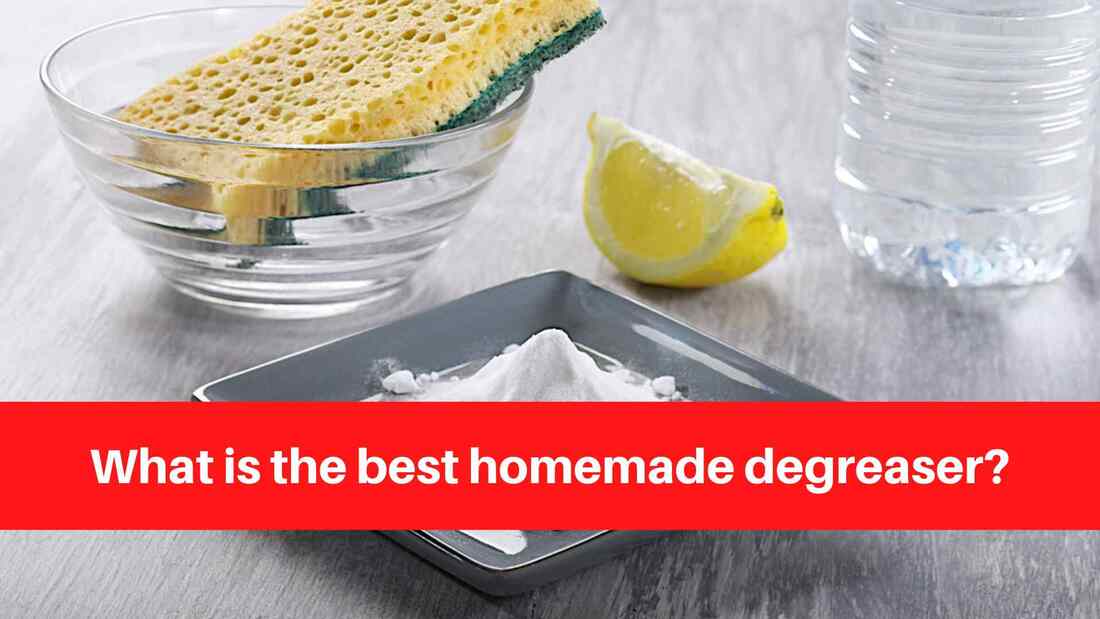
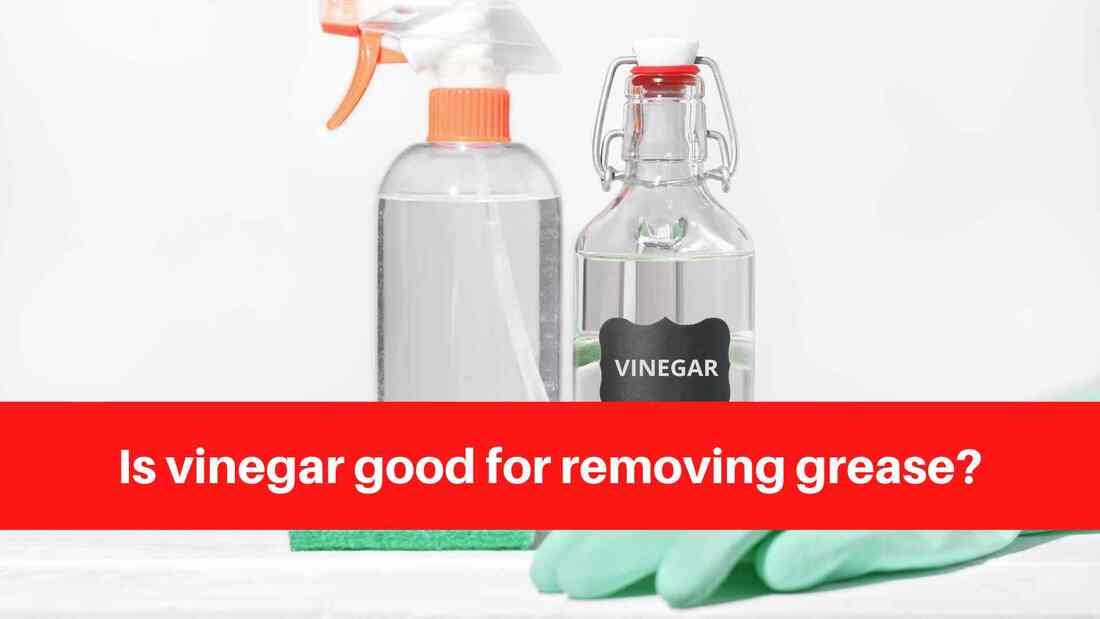
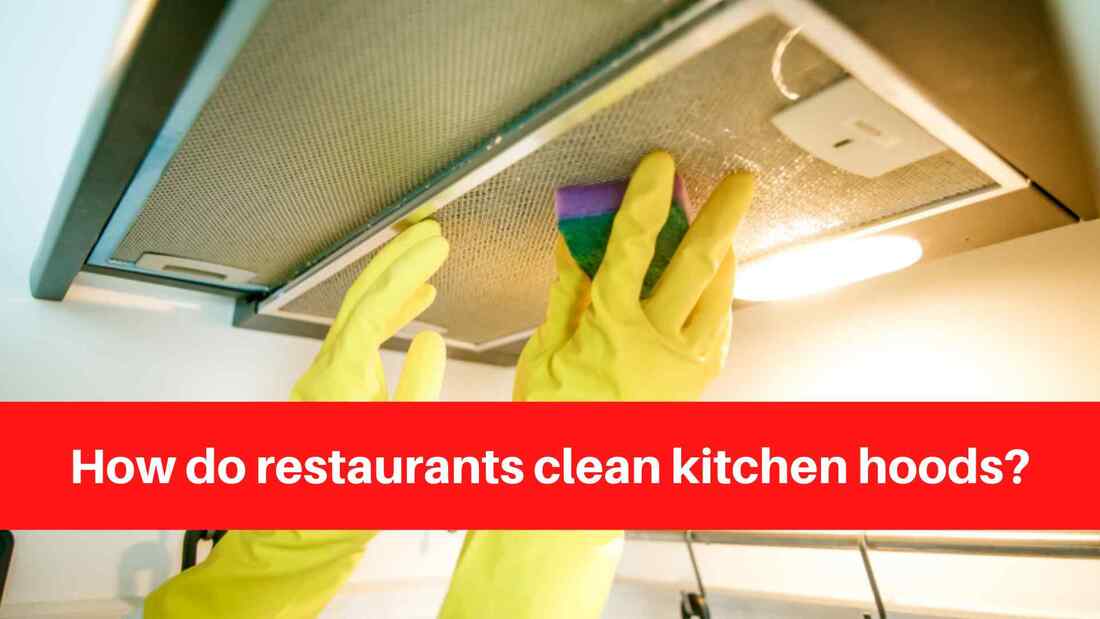
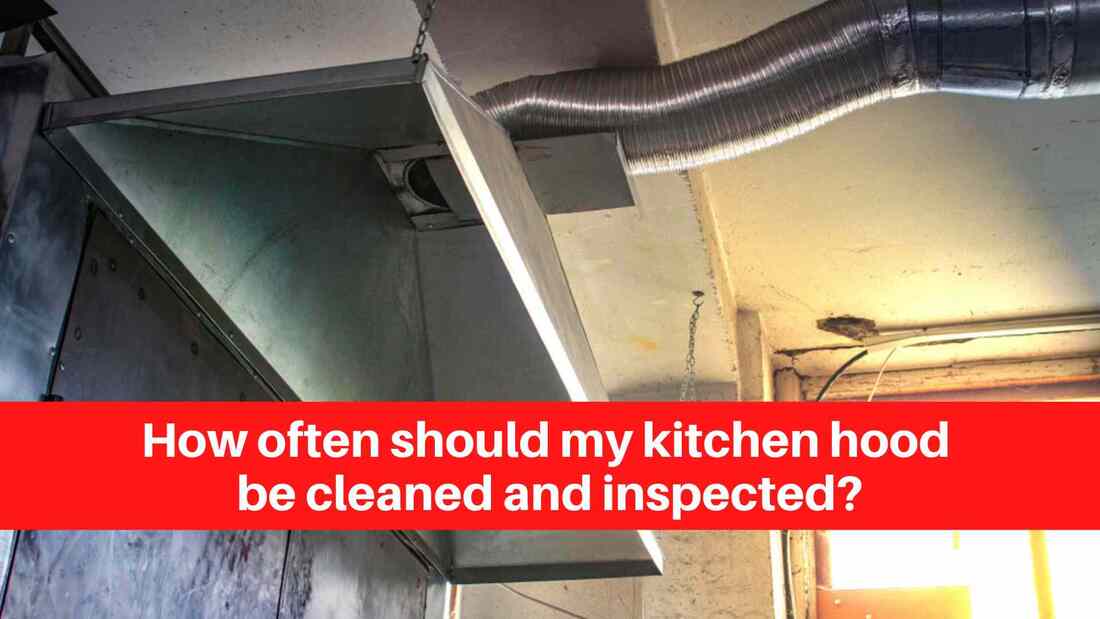
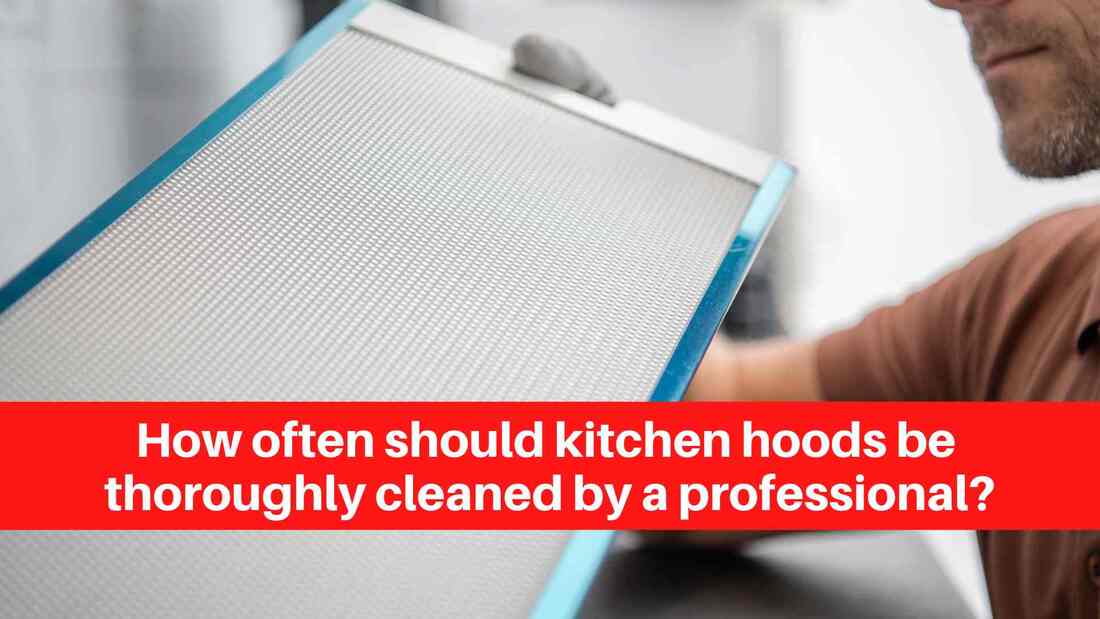

 RSS Feed
RSS Feed

